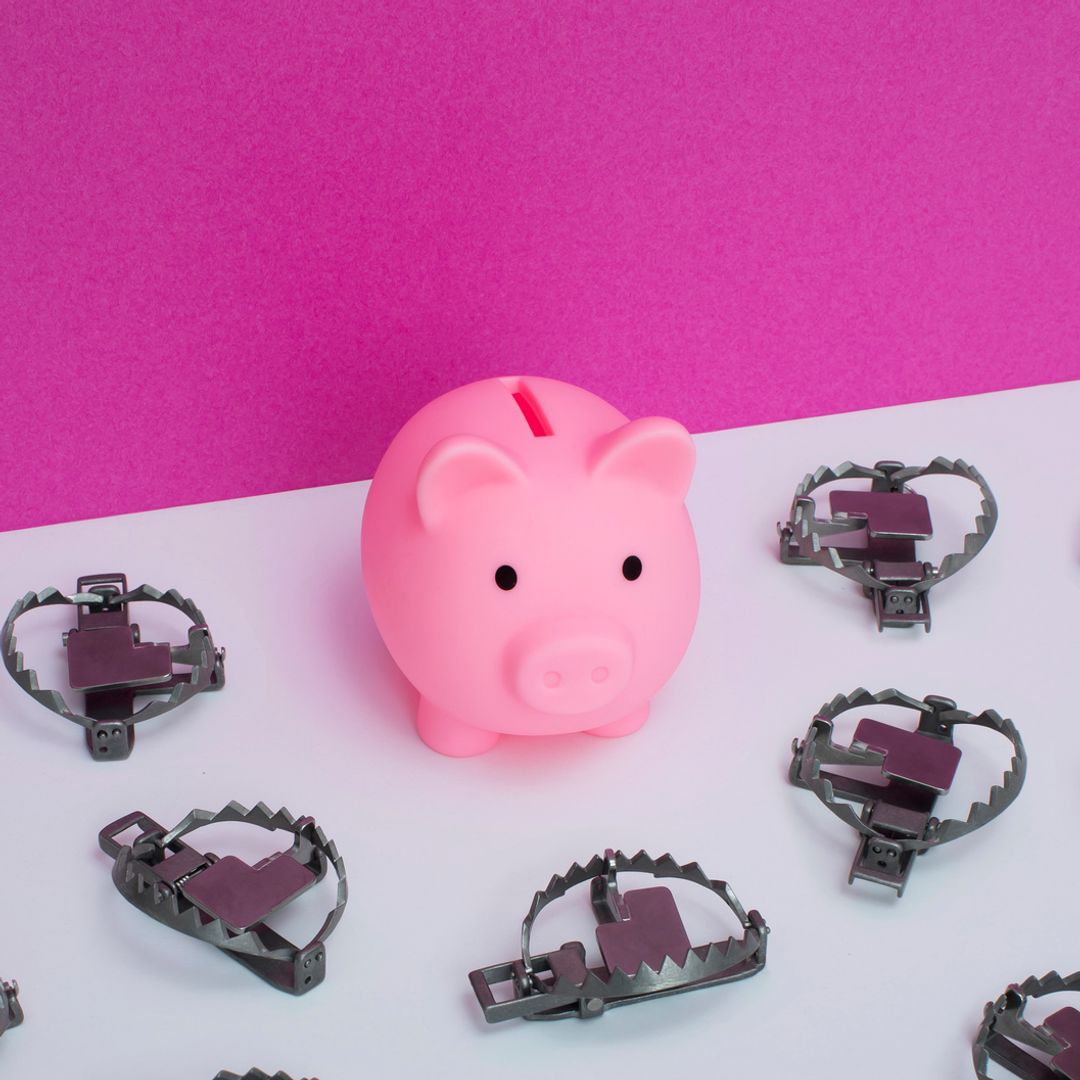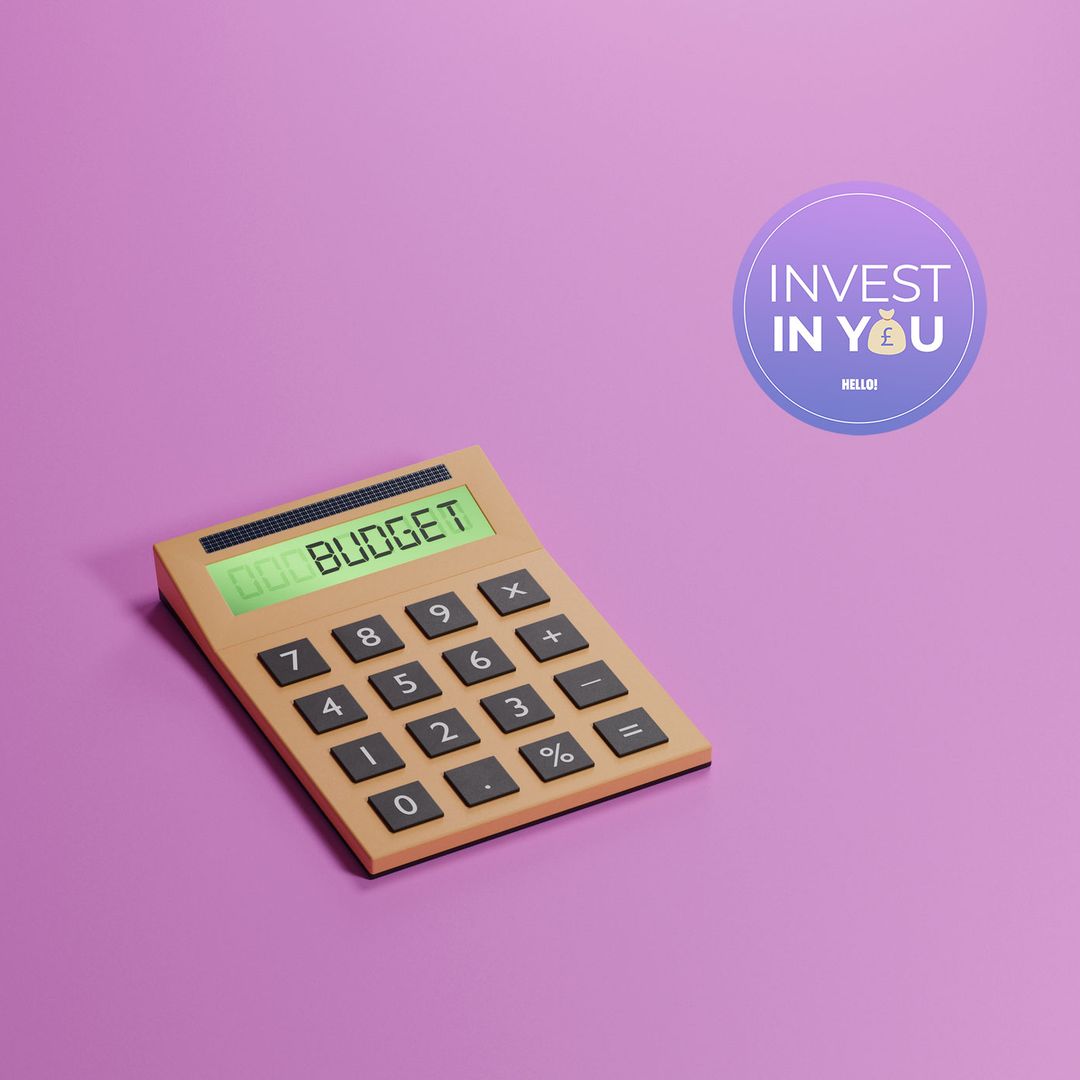It's that uncomfortable feeling when you see your old colleague announce a new big promotion. Or when your friend sends a flurry of photos from their latest luxury five-star resort holiday. Or when an ex-housemate poses with their new front door keys next to a 'sold' sign. The age-old question creeps into your mind and you ask yourself, 'Why am I not living that life?' The curse of comparison has struck.
The famous adage says that comparison is the thief of joy, and nowhere is this truer than in our financial lives. Comparison itself isn't entirely negative - it's an intrinsic part of human behaviour and in the right dose it can lead us to push forward and innovate in all sorts of ways. But in a world where financial pressure on households is high, aspiration sells. We exist in a 24/7 content era and comparing our financial situations and achievements to others can quickly dive into a negative spiral, putting both our financial and mental wellbeing at risk.
Distinguishing between self-worth and net worth
As a child of the noughties who grew up glamorising the lifestyles of the rich and famous on The Hills and Gossip Girl, untangling my idea of success from my material possessions and status has long been a work in progress. And it's no wonder that a generation of adults are well versed in comparison when it’s regularly employed as an incredibly powerful sales and marketing tool. It's 2024 and still we regularly see before and after photos on screens and in magazines selling us products, bodies and lifestyles that we’re told will complete our quest for success.
But surely we can all see that more money or status isn’t the key to happiness? If only it was that straightforward. Rational thinking can be elusive when our emotions are heightened, and if there's one topic that makes us emotionally vulnerable, it's money. Among the many reasons that conversations about money can feel awkward, at the top of the list is that too often we get our self-worth and net worth to become closely intertwined. Yet placing our sense of worth in external factors - the number on your bank statement, the size of your house or the model of car you drive - is a risky business, because it takes our attention away from the intrinsic value we have. What makes us valuable simply for being who we are.
So whilst I don’t have a magic wand to take away the curse of comparison for good, over the years of researching and writing about financial wellbeing, there are a few gems of wisdom I can share to help soften the impact of comparison on your bank balance and your brain.
Figure out what matters to you
There's no magic trick to this one so if you’ve never stopped to ask yourself what your personal values look like, now's the time. You see, when you know what your personal values are then it becomes far easier to dial down the voices telling you what you should want or how successful you should be financially.
Instead of finding yourself in a comparison spiral, you can focus on doing more of the things that fill up your cup and keep comparison in check.
Make financial gratitude a daily practice
Small habits can have the biggest impact on how you feel about your financial circumstances and although it may not be a million pound lottery win, practising financial gratitude can shift your mindset from negative to positive.
Commit to noting down three things each day that you're grateful for that the money you earn facilitates right now, whether that’s your morning cup of coffee or the hot water running in the shower. It’s not to say you can’t aspire to improve your financial situation, but acknowledging what you do have right now gives your financial wellbeing a boost.
DISCOVER: How Serena Williams and Reese Witherspoon made millions from investing
And above all, remember that the best step you can take to build the life you want to lead is to look after your own financial wellbeing and focus on what you can control.
Ellie Austin-Williams is the author of Money Talks, a Lifestyle Guide for financial wellbeing. Find her on Instagram at @thisgirltalksmoney.












